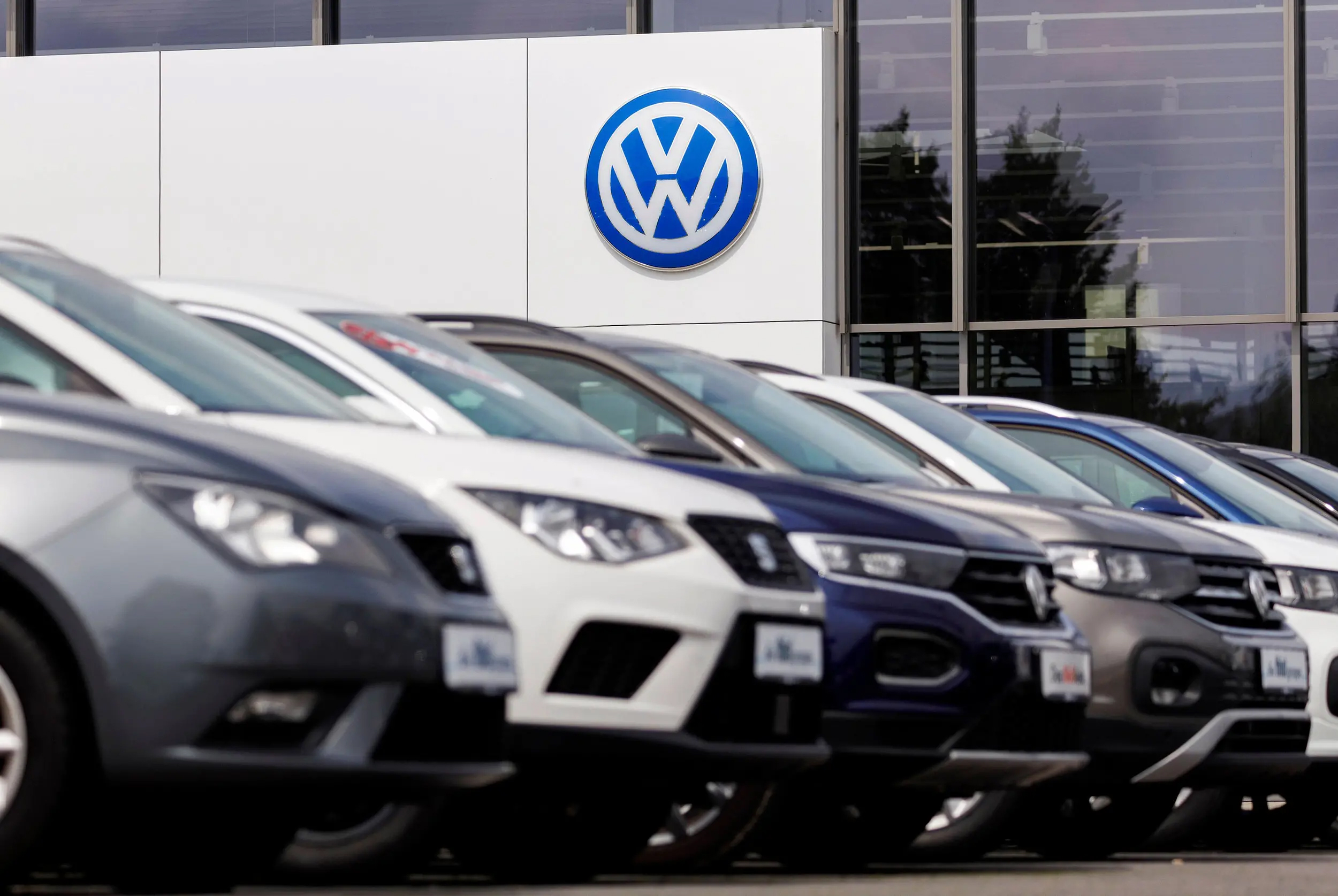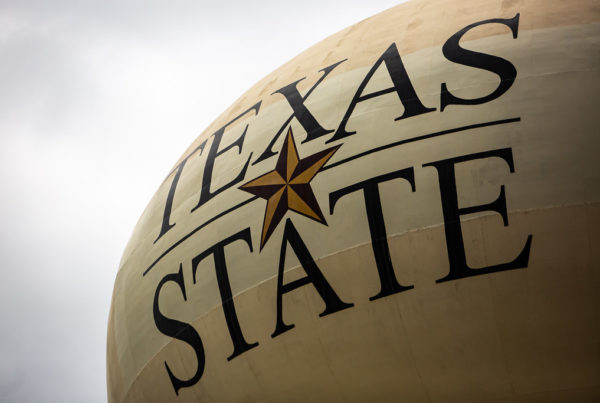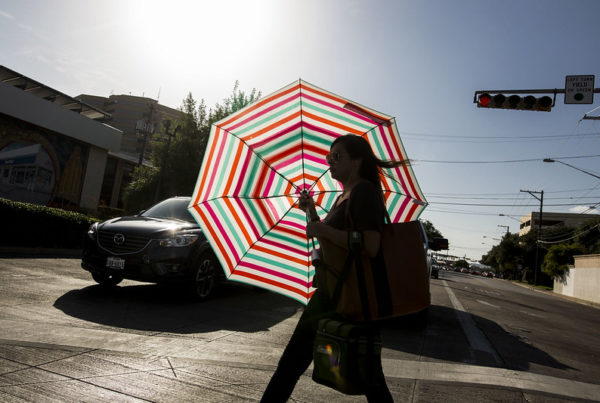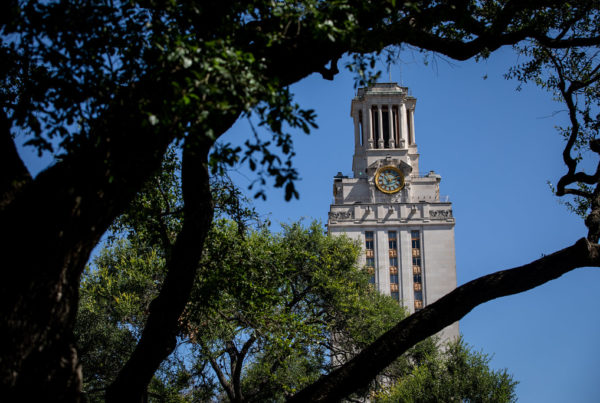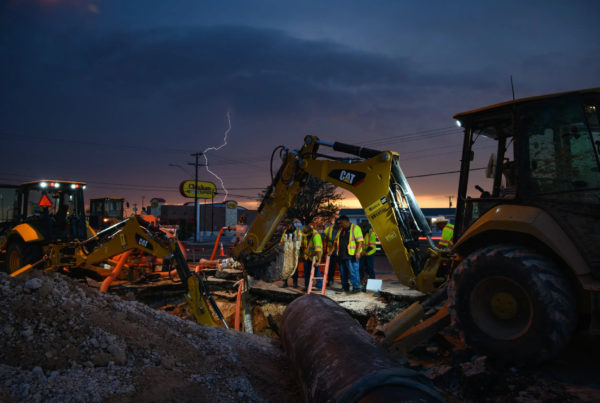From The Texas Tribune:
German car manufacturers Volkswagen and Audi — facing a lawsuit from Texas that could cost the companies millions stemming from the emissions cheating scheme uncovered in 2015 — argue that Gov. Greg Abbott could unfairly tilt the scales in the state’s favor by appointing two temporary justices to help decide the case.
Texas Supreme Court Chief Justice Nathan Hecht on June 24 asked Abbott to temporarily commission two justices to the state’s high court in order to decide a case related to an emissions-cheating lawsuit against Volkswagen and Audi. Volkswagen in 2015 admitted to deceiving regulators by designing software that circumvented U.S. emissions tests.
With tens of thousands of vehicles impacted in Texas, several millions of dollars could be at stake in the Texas case, according to the state’s civil penalties code. The issue before the state’s high court centers on whether Texas has jurisdiction over the foreign parent companies, Germany-based Volkswagen and Audi.
Justices Jimmy Blacklock and Evan Young recused themselves from the case, Hecht wrote in the letter, leaving the court with seven remaining members to rule on the case. The Texas constitution requires at least five justices to agree, one way or the other, in order to issue a supreme court decision, suggesting the remaining justices were split.
But because the state is a party in Attorney General Ken Paxton’s cases against the companies, Volkswagen and Audi’s lawyers have argued that allowing the Texas governor to appoint justices to a case for which the state stands to win a substantial amount of money would give “the impression that the State has had undue influence.”
“Although the Governor and the Attorney General are different officers, they both represent the same entity: the state of Texas,” wrote Jeffrey Wall, an attorney for Volkswagen in a letter to the court that was also sent to Abbott.
Hecht declined to comment on the letter, but a spokesperson for the Supreme Court of Texas said that there have been at least 13 other instances since 1995 in which the governor was asked to appoint temporary justices.
But neither the Supreme Court of Texas nor attorneys for the companies could identify another case in Texas history when the governor has been asked to commission temporary justices to a case for which the state is a party.
Abbott’s office did not respond to a request for comment.
Volkswagen and Audi’s lawyers say appointing the justices at this point would give the appearance of bias to the court.
“Attorney General Paxton brought these actions on behalf of the state in an effort to recover massive penalties from respondents,” wrote Wall. “Simply put the state may not pick two judges who will help to decide whether it wins or loses before this court.”
If the governor doesn’t commission two more justices, the cases could return to the Texas Court of Appeals, where Volkswagen and Audi had successfully argued that Texas did not have jurisdiction over the foreign companies. The court had found that Volkswagen and Audi’s recall-tampering activities were not “purposefully directed” at Texas, but directed at the U.S. as a whole.
Jim McCormack, an Austin-based attorney whose practice focuses on legal ethics and legal malpractice and is not involved in the lawsuit, said that he did not see how Abbott commissioning two justices as requested would violate any of the Texas legal ethics rules. He suggested that Volkswagen was arguing from a self-interested position.
“While it’s an unusual scenario, I don’t see anything improper in it,” he said. “The governor is a Texas attorney, but he’s not representing a client on the case. He’s merely fulfilling a legal duty that he has to make temporary appointments.”
The judges are representatives of the state of Texas, too, he argued: They just happen to be in the judicial branch rather than the executive branch.
“The three branches of government in Texas, just as they are on the national level, are intertwined,” said McCormack, who previously chaired the Texas Center for Legal Ethics and Professionalism. “You could just as easily say that the [Texas] Supreme Court could never hear a case involving the state of Texas, and yet, it does.”
However, Scott McCown, a senior lecturer at the University of Texas School of Law, said he thought the situation could violate the companies’ right to fair trial protections under the U.S. Constitution.
“I think Volkswagen has a good point because you can’t pick your judge,” McCown said. “It’s really a question of due process.”
He said the Texas Supreme Court could pursue alternatives. For example, McCown said they could ask the parties to agree on two judges to be appointed by the governor, or the court could simply decline to decide and default to the lower court’s ruling, as Volkswagen and Audi have argued. That would be similar to when a U.S. Supreme Court justice dies and leaves a case split with votes: The court can affirm the lower court’s ruling if it does not wish to reschedule the case for the next term.
A spokesperson for the Texas Supreme Court said the reasons for the justices’ recusals is confidential. Common reasons for justices to recuse themselves, experts said, include if a justice owns stock in a company, has previously represented the company as an attorney while in private practice, has family members who are parties in the case or had previously heard the case at a lower-level court before being appointed to the higher court.
Both experts noted that the situation was unusual. “I don’t think this particular scenario was anticipated [by the state constitution],” McCormack said.


